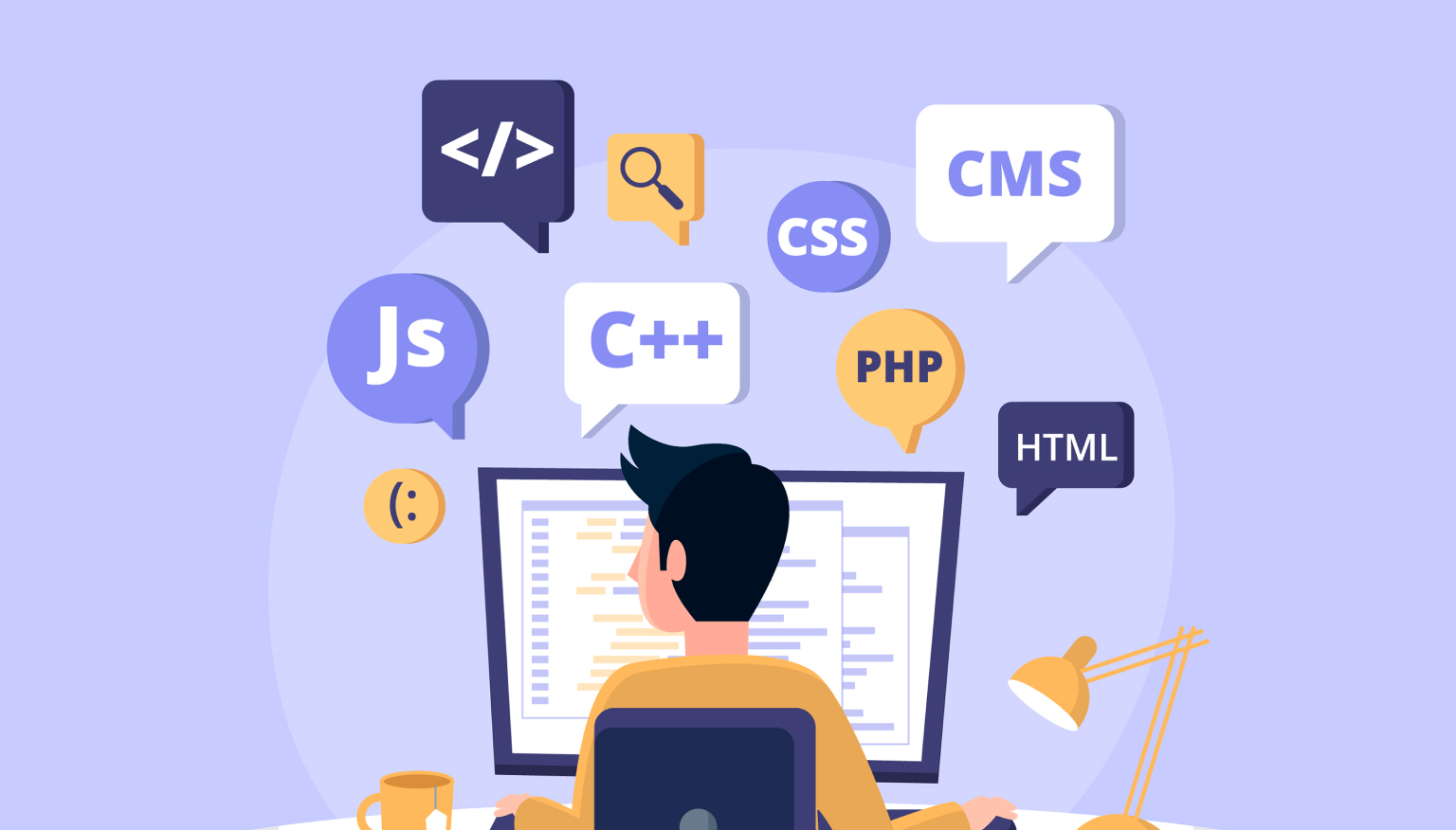A Guide to Legitimate Web Scraping
This comprehensive guide offers in-depth understanding of how to participate in web scraping within legal restrictions
Guide to Legitimate Web Scraping
Web scraping has found widespread use in many industries, such as market research, consumer research, and data-driven decision making. While there are undeniable benefits, it is equally important to understand and navigate the legal complexities that accompany this practice. This comprehensive guide offers in-depth understanding of how to participate in web scraping within legal restrictions. If you are an entrepreneur, researcher, or software developer looking to take advantage of web scraping, this guide is a must read.
Obtaining Permission from the Site Owner
The first step toward legal web scraping is obtaining explicit permission from the site owner. Websites are typically proprietary, giving the owner complete control over how the data on the site is used. The owner can be contacted by email or through the contact form posted on the website. Receiving a positive response is a signal that you can begin scraping work. Failure to obtain such consent may amount to an invasion of personal space, which entails legal consequences.
Terms and conditions or user agreements on websites usually contain provisions regarding data collection. These terms either permit or restrict data scraping activities. These terms and conditions must be reviewed carefully. Moreover, some organizations have set legal precedents by filing cases against individuals who unauthorizedly scrape their data. Therefore, it is important to receive clear guidance regarding data collection policies, either on the website or through direct dialogue.
Understanding Copyright Rules
Understanding the intricacies of copyright law is another important element of legal web scraping. Elements such as text, images, and even specific data configurations may be subject to copyright. These laws exist to protect the intellectual rights of the content creator, and unauthorized copying is illegal. Of course, copying copyrighted materials is fraught with litigation.
However, not all information on the site is subject to copyright. Information considered "factual", such as weather data or stock quotes, is usually not protected by copyright. Therefore, it is important to distinguish between copyrighted material and factual information. If it is necessary to scrape copyrighted material, then obtaining a license for use becomes mandatory. This license must be obtained from the copyright owner and maintained as a legal document.

Prioritize data protection
Stringent regulations such as the General Data Protection Regulation (GDPR) in Europe or the California Consumer Privacy Act (CCPA) in the USA impose stringent conditions on the collection and data usage. These laws require that personal data be collected only with the user's consent. In addition, this data must be stored securely and used only for explicit, clearly stated purposes.
If your scraping activities involve the collection of personal data, you need to understand what these laws apply. Violating data privacy laws can result in serious consequences, including significant fines and legal penalties. Therefore, using encryption measures when storing data and being transparent about how it is used can protect you from violating data protection laws.
Scraping Responsibly
Legal web scraping is not only about the data it collects, but also how it is collected. Responsible data collection ensures that website servers are not overloaded. This is very important because websites are designed with a certain level of human traffic in mind, and automated data collection work can easily exceed this threshold. This can cause the site to slow down or even crash, which can negatively impact site performance for other users.
Respecting site resources is not only ethical, but also reduces the risk of legal consequences. It is often recommended to use a rate limit, which controls the number of requests sent to a site in a certain period of time. Some web scraping software includes rate-limiting features to promote responsible data scraping.
Study the site rules
Before you start scraping, you should study the terms of service on the site and its robots.txt file. The robots.txt file contains technical instructions about what crawlers are allowed or prohibited from doing on the site. Failure to comply with these rules may be used against you in a legal dispute.
On the other hand, terms of service provide a more complete picture of what the site owner allows or prohibits. They often contain clauses that clearly state whether data scraping is permitted and under what circumstances. Ignorance is rarely considered a defense in legal matters, so understanding these rules is essential for any data collection operation.
Be transparent in your actions
If you are involved in scraping, especially as part of scientific or business projects, then for ethical reasons and often by law you must be honest in your actions.Inform the site administrator or owner of your intent, data collection method, and end use. This not only helps build relationships, but can also prevent potential legal complications.
Transparency extends to interactions with data after it has been collected. If you store or process data, this should be clearly communicated to the site owner or even the persons from whom you collect data. This transparency can serve as a defense if questions arise about the methods and purposes of data collection.
Choose your tools carefully
With the development of web scraping technology, many tools have emerged to solve various problems. Many are designed to comply with legal requirements and often include features to automatically comply with speed limits and robots.txt rules. Choosing a reputable tool that meets legal requirements reduces the likelihood of accidentally breaking the law.
If you are not tech savvy, you may be tempted to choose the simplest tool. However, the simplicity of the tool should not undermine its legal compliance. Many reliable tools offer a user-friendly interface without compromising legal compliance. By doing your research before choosing, you can avoid headaches in the future.

Keep Comprehensive Records
Often neglected, proper record keeping is vital. Keep records of interactions with site owners, including emails asking for consent or negotiating terms. Keeping a record of your actions is not only a good professional habit, but also evidence in case any legal problems arise.
Additionally, keep track of exactly which data sets were collected, how they were used, and what changes or deletions were made. In the event of legal disputes, such detailed information can be invaluable. In addition, such careful accounting complies with data protection laws, which require transparency and accountability when working with data.
Consequences of Breaking the Rules
The consequences of illegal web scraping can be quite serious, both financially and legally. Unauthorized collection of data may result in litigation resulting in monetary damages being awarded to the injured party. In addition, sites may permanently blacklist your IP address, making any future data collection activities impossible.
In addition to lawsuits and bans on the use of IP addresses, reputational damage should also be taken into account. This is especially true for companies where the notoriety of unethical or illegal web scraping can seriously damage their brand image.Rebuilding consumer trust can be a long process, and some companies never fully recover.
Consider licensing as an alternative
For those who do not want to delve into the legal intricacies of web scraping, data licensing is an alternative option. Many sites provide access to data for a fee, relieving you of the legal risks associated with scraping.
Although this method may involve higher upfront costs, it eliminates the risk of legal problems. Companies offering data licensing services typically review their data sets to ensure there are no legal issues, providing a reliable and efficient way to obtain the data you need for your business.
Seek Legal Help
The legal landscape surrounding web scraping is quite confusing and varies widely across jurisdictions. To be on the safe side, you may want to consult with an attorney who specializes in data and Internet law. They can give practical advice and help avoid possible legal mistakes.
Remember that compliance with laws is not just a formality. This is a necessity for any business intending to use web scraping responsibly and ethically. The advice and recommendations provided in this guide are intended to provide a necessary basis, but are not a substitute for professional legal advice. Conduct thorough due diligence and protect your activities from legal problems.
















